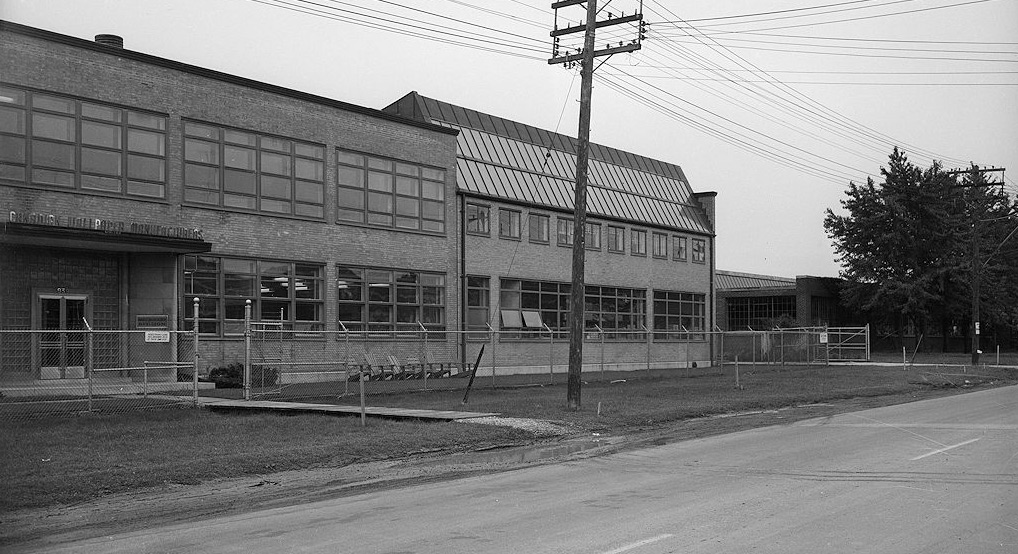This column’s January headline read “Transit driving change in Leaside – but at what cost?” Time will answer the cost question, but the OMB has issued its decision regarding the two Eglinton Connects “Leaside appeals” heard in December 2016: the LPOA appeals of the City of Toronto Official Plan Amendment (OPA) for townhouses on the south side of Eglinton west of Hanna, and the zoning bylaw amendment for “as of right” 7- and 8-storey midrise development between Sutherland and Laird.
The OMB member dismissed the LPOA appeals based on the “uncontroverted expert land use planning evidence of Mr. (Brian) Gallaugher that (each City-approved intensification proposal) has appropriate regard for the matters of Provincial Interest in the Planning Act, is consistent with the Provincial Policy Statement, and conforms to the Growth Plan, and to the City’s Official Plan.”
My arguments (full disclosure: I was the expert witness for the LPOA) were that planning must take account of context and scale, development where required and appropriate (not just where possible), and I questioned whether the benefits of this intensification are worth the costs (erosion of character and negative impacts on neighbours).
In his decision, the chair ruled to exclude my witness statement opinions. He cited the case submitted by the City’s lawyer – Citizen’s Coalition of Greater Fort Erie v. Niagara, 77 O.M.B.R. 76 – establishing two tests for acceptance of an “expert opinion”: “necessary expertise” and “necessary independence.” The chair then concluded, “Mr. Kettel did not meet either branch of that test.” He continued: “The Board also directed that Mr. Kettel’s witness statements at Exhibits 18 and 19 would be read as if the opinions expressed had been redacted.”
Our legal counsel, Robert Holland, states in his commentary on the decision: “This TOTAL exclusion of the opinions expressed in Exhibits 18 and 19, without evaluating those opinions for the ‘weight’ properly attributable to them, is questionable in my opinion.” He continued, “The fact that the chair failed to address the closing argument of the LPOA’s counsel that, despite the fact that he [the chair] accepted Gallaugher as an ‘expert’ planning witness at the outset of Gallaugher’s testimony, the chair did not give any consideration to the fact that it was revealed, during cross-examination, that Gallaugher was not a ‘registered’ planner, nor had he ever been a ‘registered’ planner, and, further, Gallaugher was an employee of Metrolinx, which had ‘donated’ his services as a planning witness to the City at the request of the City’s lawyer.”
Our counsel argued that Gallaugher was not entitled to prima facie recognition as an “independent” registered planning expert, and, furthermore, Gallaugher’s evidence was too narrowly focused on Metrolinx’s revenue-generation interests. But no mention of these concerns about Gallaugher’s expertise and independence appeared in the Board’s decision. And the Board does not transcribe the proceedings.
This hearing added to the futility of our carefully-prepared opposition because the chair dismissed the City’s failure to give notice of its OPA and zoning bylaw amendments to affected neighbours, as well as its failure to seek input from those neighbours, as issues beyond the jurisdiction of the Board.
Further advice is that the LPOA could have challenged this decision in court with reference to the Planning Act Section 1.1 (d), requiring: “the planning processes that are fair by making them open, accessible, timely and efficient; and (e) to encourage cooperation and coordination among various interests.” This is directed at approval authorities, which in this case would include the City of Toronto and the OMB. Unfortunately, the ability to appeal a decision of Council and/or the OMB is based on the ability of residents/resident associations to fund an appeal to the courts against the municipal machine that is not required to be accountable to the Planning Act direction (noted herein) specifically for the purposes outlined.
This decision exemplifies several problems with the OMB.
(1) Developments cannot be considered as necessarily in the public interest just because they are aligned with that interest.
(2) The OMB totally disregards what happens during the City planning process. In this case, those most affected were not properly informed of the plans that would affect their properties. And City Planning failed to implement former Councillor Parker’s motion adopted by Council requiring the City to conduct public consultation specifically in Ward 26.
(3) Residents are “experts” with respect to their knowledge of local context, yet their knowledge is not given weight.
With the province’s OMB reform legislation supposedly to be announced shortly, many people are hopeful real change is on the agenda.





